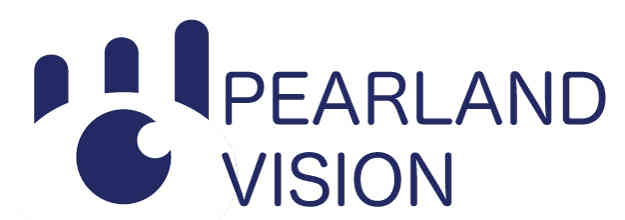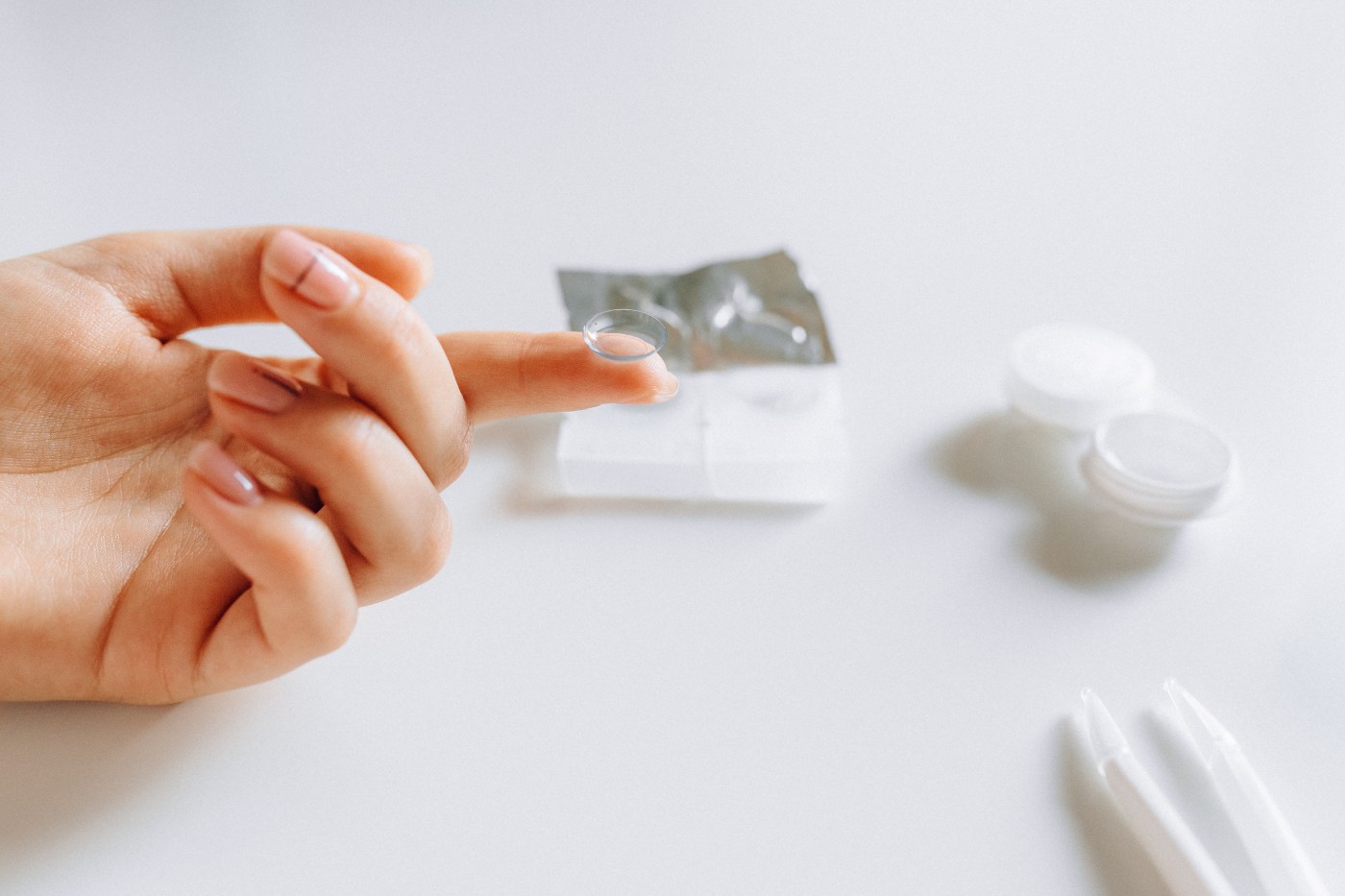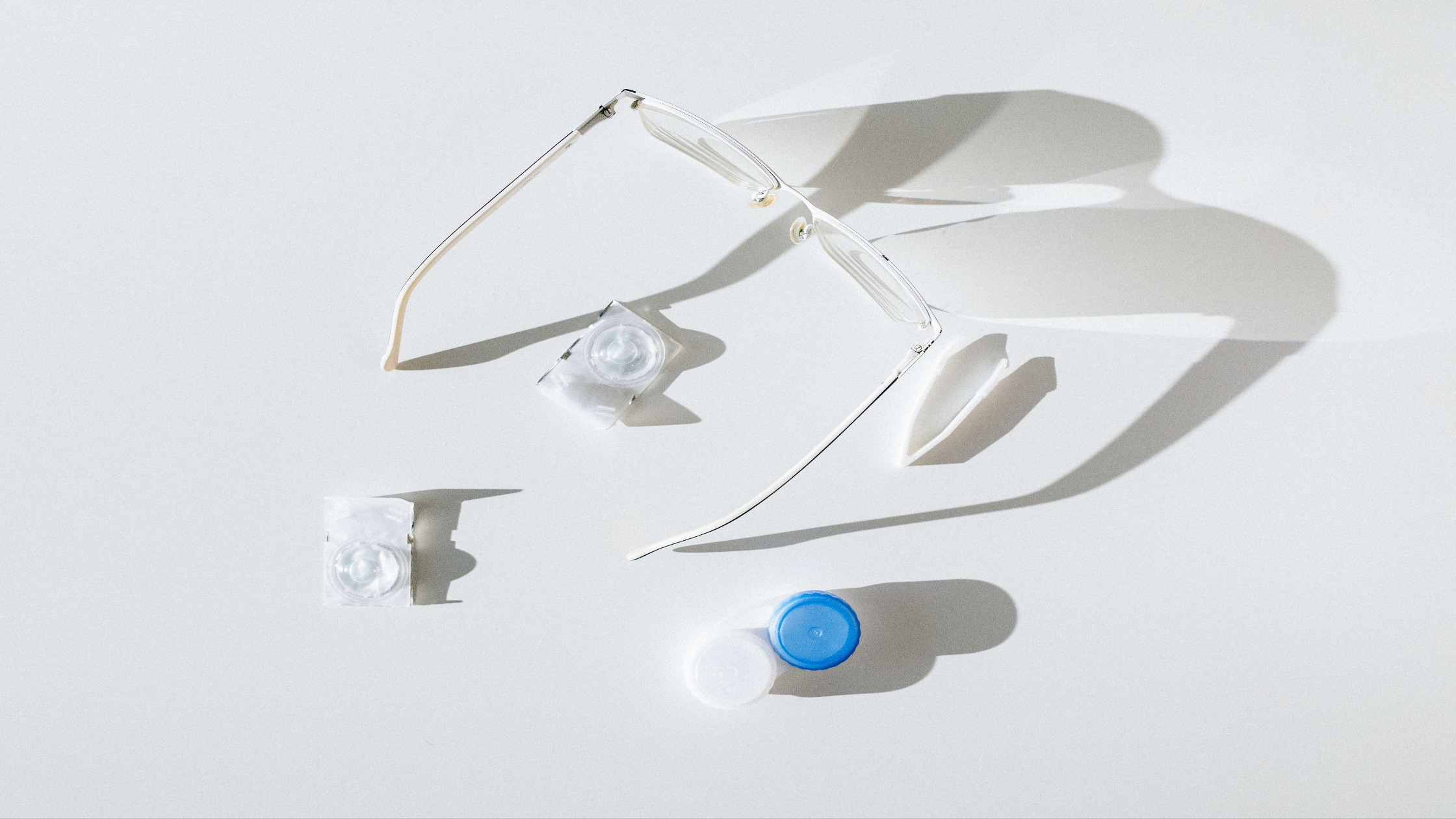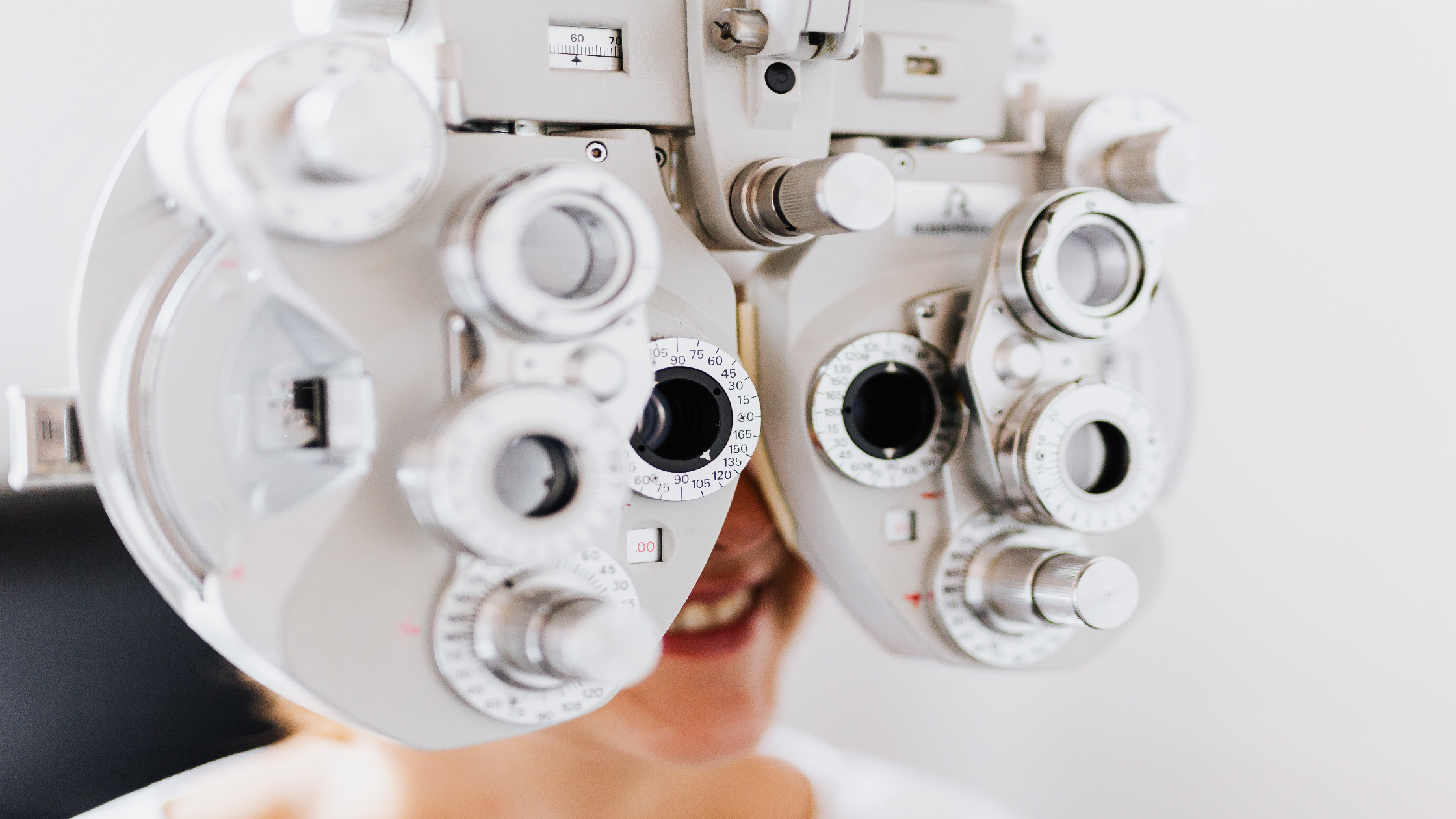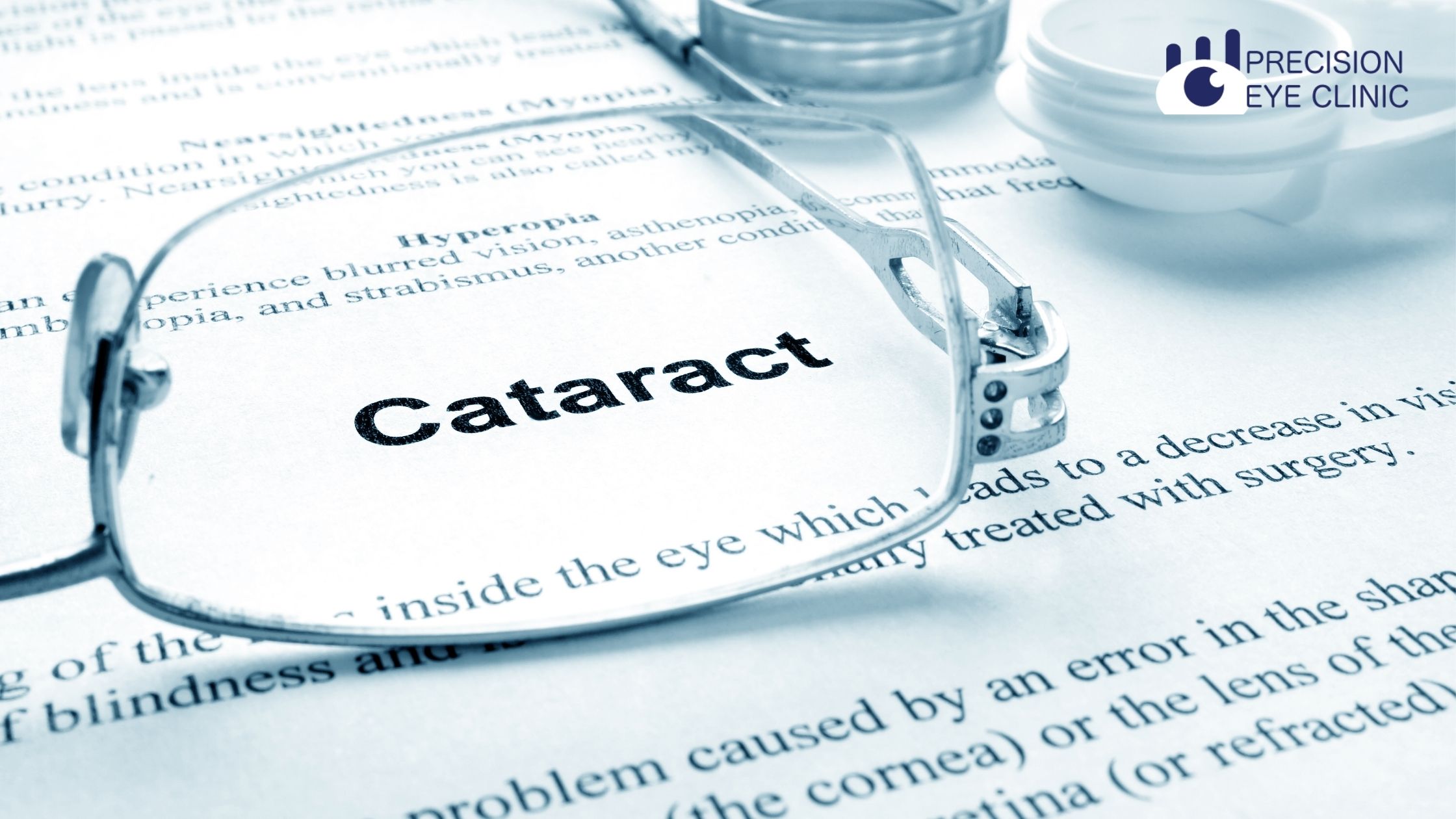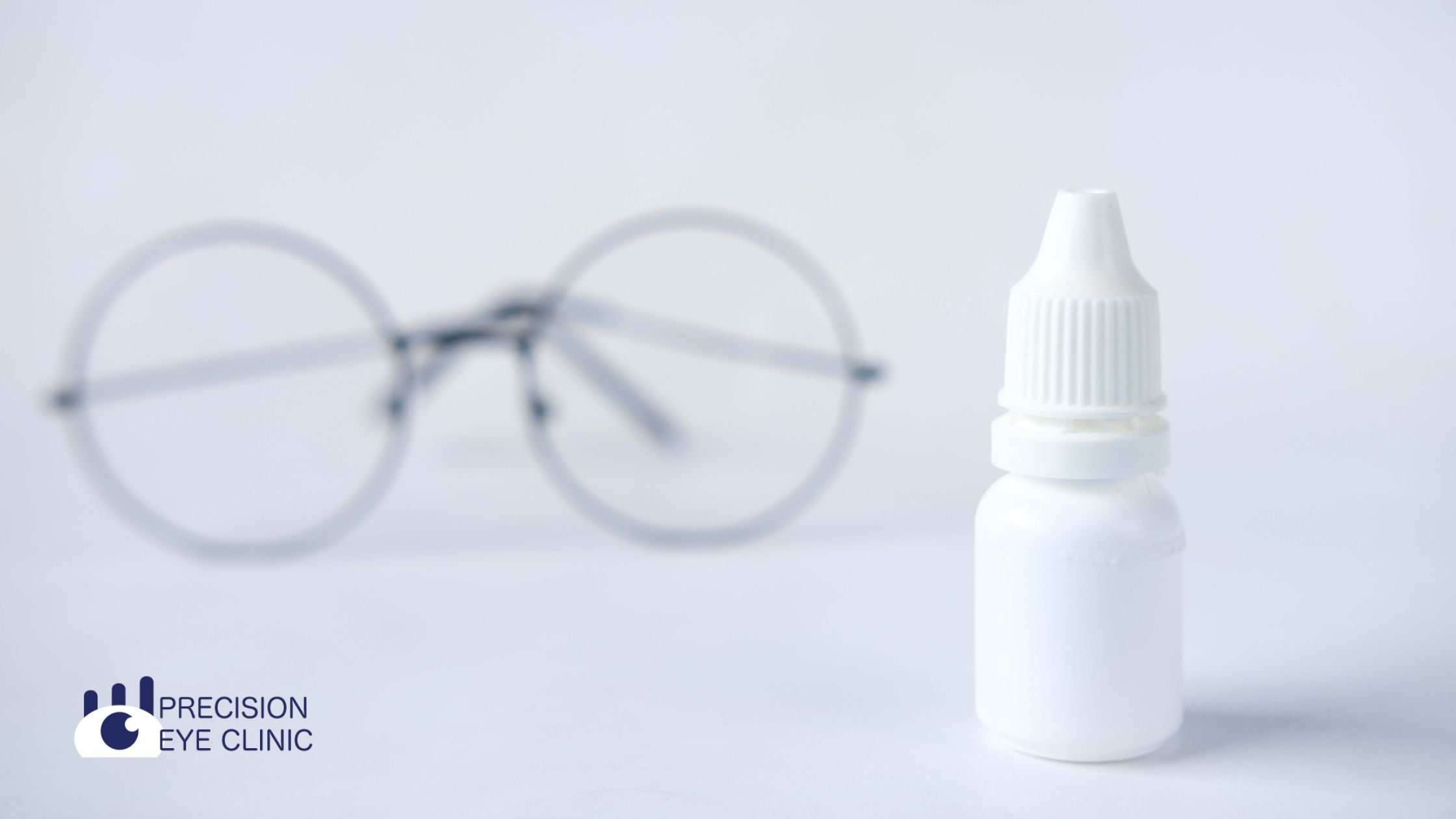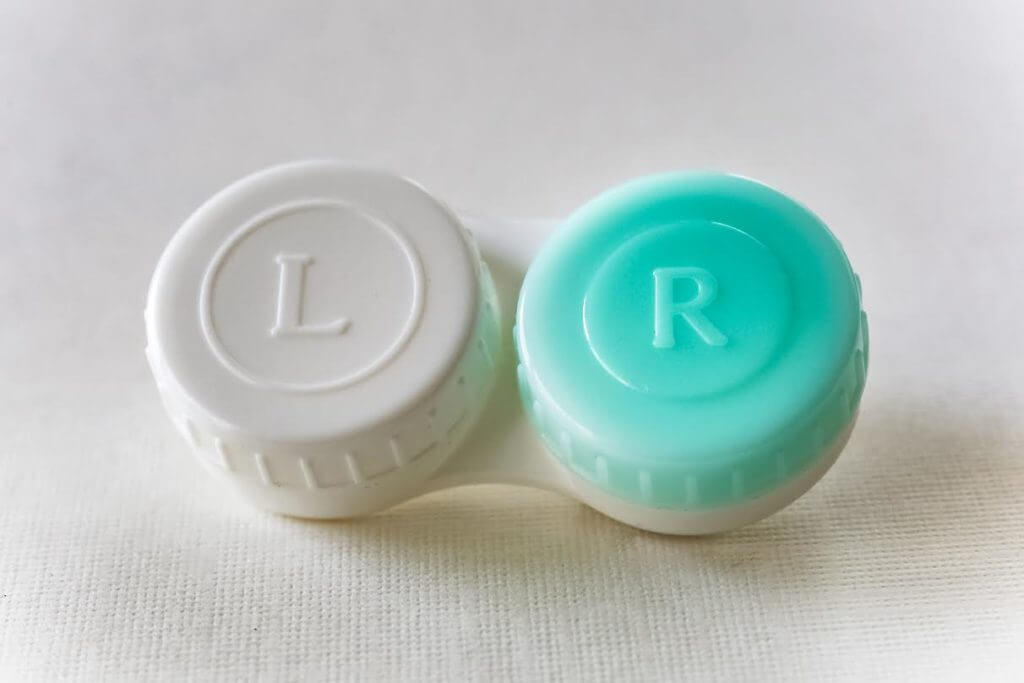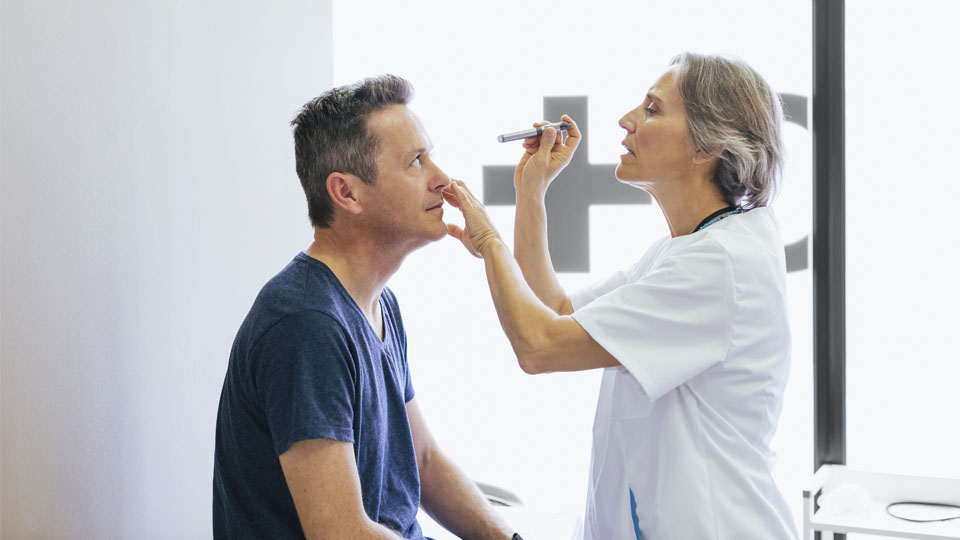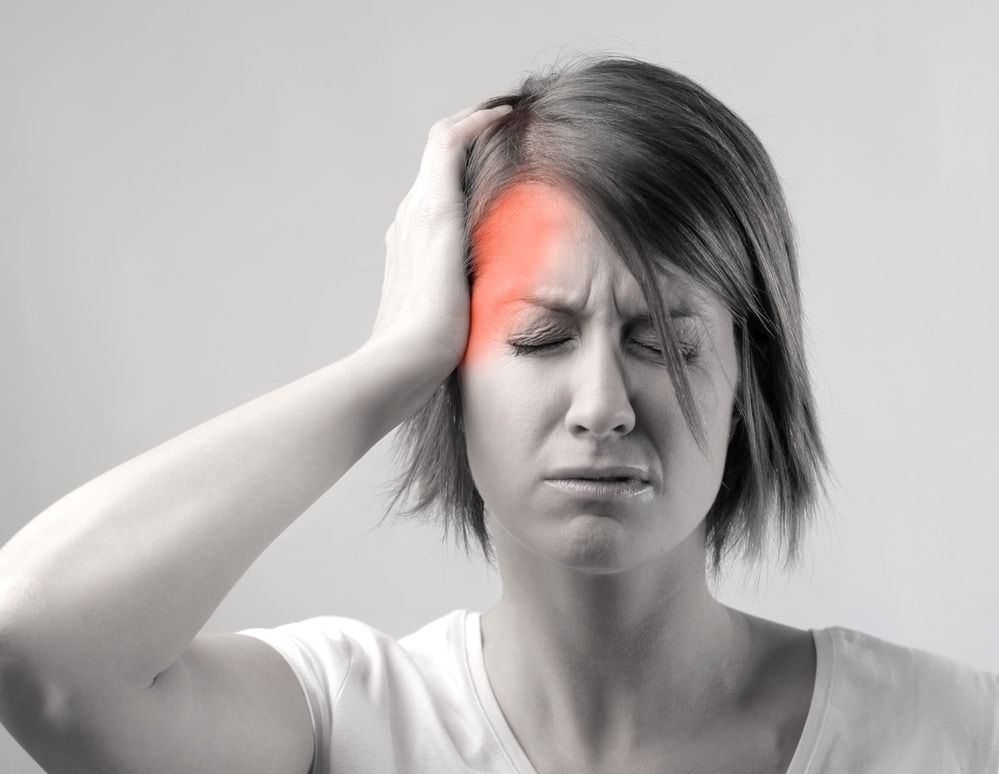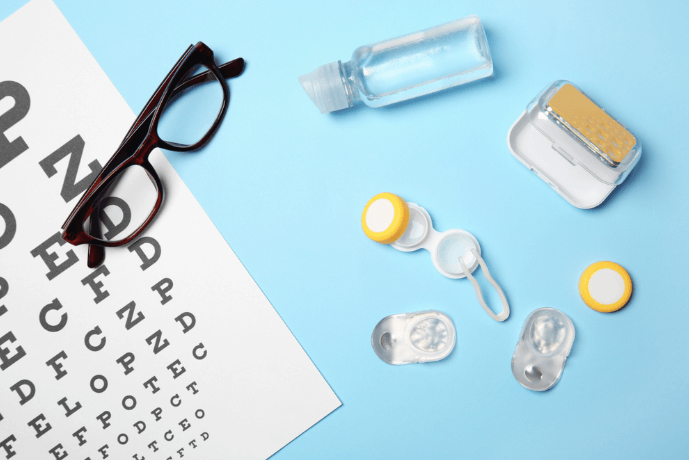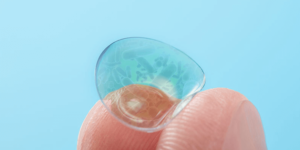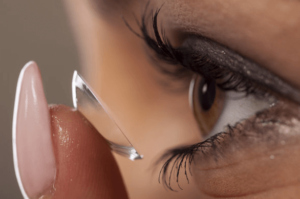If you are considering which type of vision correction to opt for, contact lenses or glasses, you’ve come to the right place. Both types of vision correction offer advantages and disadvantages, so it is essential to carefully weigh the pros and cons before making your decision.
In this blog, we will look at the differences between contact lenses and glasses and help you decide which one is right for you.
Contact Lens Vs. Glasses
While there are several pros and cons of wearing lenses/glasses, we’ll discuss five main criteria (aesthetics, maintenance, comfort, cost, and vision correction) to decide which option is best for you.
Aesthetics
When it comes to aesthetics, contact lenses are generally accepted to be more aesthetically pleasing than glasses. Contact lenses are also more discreet, as they are not visible on your face and can be taken out of your eyes whenever you want.
However, contact lenses can be more challenging to take care of than glasses, and they need to be cleaned and stored correctly to remain healthy and safe to wear.
Maintenance
Glasses are generally considered easier to take care of than contact lenses, as they don’t need to be cleaned and stored similarly. As glasses are visible on your face, they can also help to make a fashion statement.
However, glasses are not as discreet as contact lenses and can be more prone to damage and becoming broken or scratched.
Comfort
When it comes to comfort, contact lenses are often considered to be more comfortable to wear than glasses. As contact lenses sit directly on the eye, they don’t have the same weight as glasses, making them more comfortable for long wear.
However, contact lenses can cause dryness and irritation to the eyes, and some people may find them uncomfortable.
Cost
In terms of cost, both contact lenses and glasses can be expensive, depending on the type of lenses you need. Generally, contact lenses are more expensive than glasses, but they can be cheaper if you buy them in bulk.
Vision Correction
When it comes to vision correction, both contact lenses and glasses can provide effective vision correction. However, contact lenses are generally considered more effective than glasses, as they provide a more natural field of vision.
Takeaway – Which Is Better?
There’s no saying contact lenses are better than glasses or vice versa. Overall, both contact lenses and glasses can be effective forms of vision correction. Depending on your lifestyle and needs, one may be more suitable than the other. It is essential to visit an eye care professional and consider each option’s pros and cons before deciding which suits you.
Visit Us For The Best Eye Care in Pearland, TX
Most individuals fail to realize they need professional eye care or corrective eyewear until their vision problems interrupt their daily lives. If you’ve been facing difficulties with your vision, be it small or big, we urge you to visit us for a checkup. Minor vision problems will often turn into severe ones if left untreated. They may also be signs of underlying health issues.
We are constantly working to bring our patients the latest in technology to not only diagnose potential eye-related illnesses before they cause vision problems but also to provide the most comprehensive eye evaluations in Pearland, TX.
Please schedule an appointment today to see, look, and feel better!

